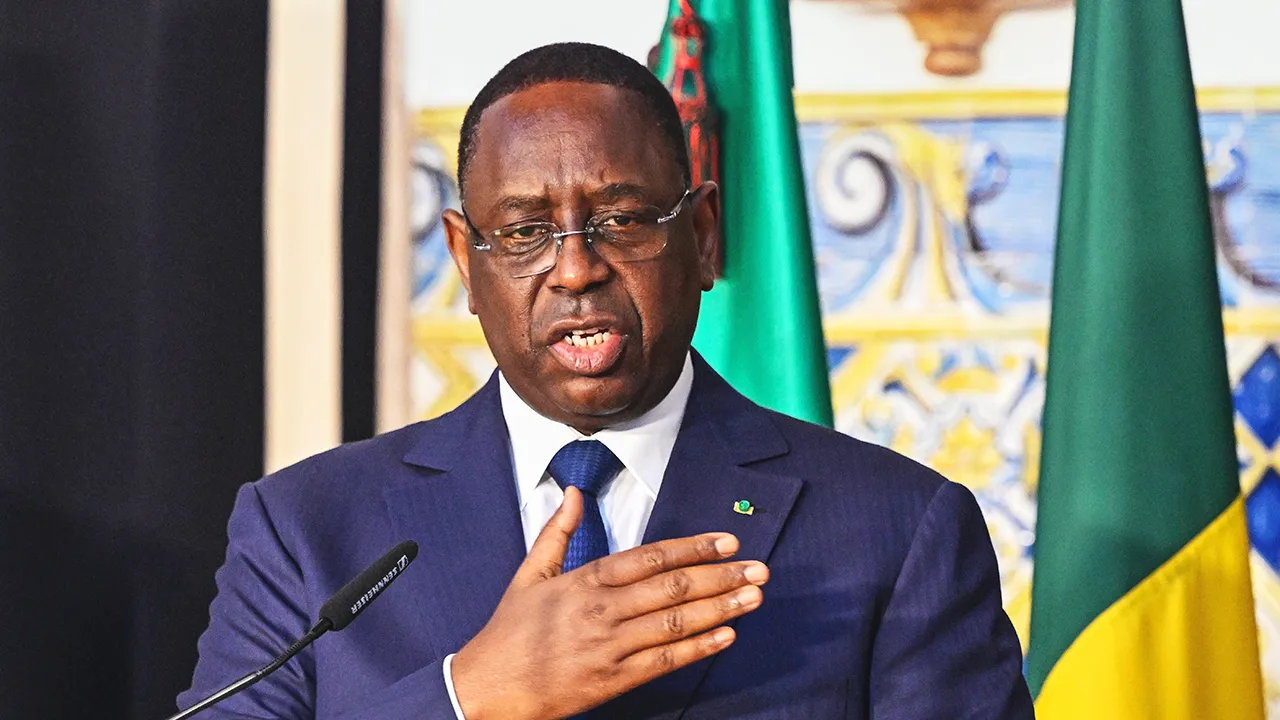
The postponement of Senegal’s February 25 presidential election by the incumbent, and outgoing President Macky Sall, ostensibly for proper arrangements to be made for the presidential election to be held at another date is depressing news from a region prone to cycles of coup d’états.
While making the controversial announcement, President Sall argued that the postponement was necessary due to a dispute over the list of approved candidates for the elections. This new development provoked violent protests leading to loss of lives in the usually stable Senegalese society.
President Sall had made it known that the election would now be held in mid-December this year, which has been vehemently opposed by the opposition forces which described the action as a constitutional coup in pursuit of tenure elongation. Sall’s response has been to clamp down on opposition forces.
It is well that the nation’s top constitutional body, the Constitutional Council has overturned President Sall’s touchy decision to postpone the presidential election. The council made it clear it was “impossible to organise the presidential election on the initially scheduled date” but invited “the competent authorities to hold it as soon as possible.” The Council’s verdict is final and cannot be appealed, and therefore it is hoped that President Sall will do the needful and avert further crisis.
It would be recalled that Sall who came to power in 2012, had earlier attempted to alter the constitution for a third term in 2020 in ways that would translate into a reset for him; an action that similarly met with resistance from the civil and political communities. The constitution originally provides a seven-year of two terms but was to be amended to a five-year term. However, it took the intervention of statesmen in the sub-region to embark on a shuttle diplomacy to dissuade him from his ill-advised ambition.
Again, forces of the international community have warned against the new development in Senegal and viewed the postponement as “contrary to Senegal’s strong democratic tradition.” The Economic Community of West African States (ECOWAS) considered that the postponement may be unconstitutional while encouraging the political class to establish the electoral calendar constitutionally. On its part, the African Union (AU) also raised concerns about the delay to the elections, and then urged its consummation as soon as possible, peacefully and transparently.
The new reason advanced by President Sall for his unilateral decision to postpone the election is merely an afterthought as he knows very well that his tenure will end on April 2. As political observers have noted, he is either yet to be weaned off the tenure elongation quest or he is afraid that his coalition, Benno Bokk Yakaar (BBY) may not win the election that has Prime Minister Amadou Ba as its candidate. It is well that the constitution court has differed and advised the government to hold the election as soon as possible.
It is instructive that since the SOPI movement (Change) of early 2000 that brought Abdoulaye Wade to power, the incumbent had sought severally to alter the constitution for a sit-tight in power, and the Senegalese civil society had robustly defended their democracy, the most enduring in the West African sub-region. President Wade’s similar quest was cut short by the coalition of opposition forces in which the incumbent President Sall played a role before his ascension to power.
It is well that President Sall has ordered the release of some of the detained opposition elements and vowed to leave on the expiration of his tenure on April 2. Nevertheless, the president needs to be told that the office of the president is not his patrimony, and there is no basis for his reluctance to go, and he must go. His people no longer trust him. We believe it is high time in the sub-region that a permanent date for the presidential election is fixed just as in developed democracies such as the United States; and the date should be predictable and sacrosanct. There should be no room for power-drunk African leaders to manoeuvre through an arbitrary change of their exit from the seat of power through the arbitrary shift of election dates and tenure elongation.
Africa must escape from the coup traps. The 2021 coup in Guinea Conakry was triggered by President Alpha Conde’s dithering and manipulation for a third term in office. Even though Allasane Qattara did it in Cote d’ Ivoire, it should not be allowed to become the order of the day. Africa must eschew political instability. The question of whether a leader has performed creditably well in office should be the task of the people, not the prerogative of the incumbent leadership, and cannot be a basis for longevity in office. It is rather unfortunate that African leaders would opt to destroy their country rather than accept the rules of the democratic practice, the verdict of the ballot box, and the aspirations of the people who are the boss of democracy.






